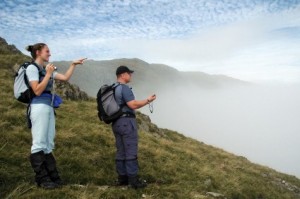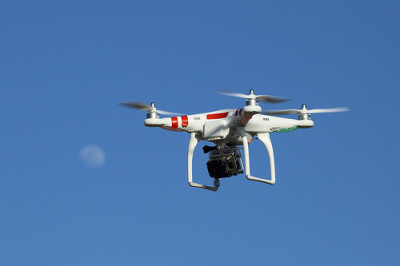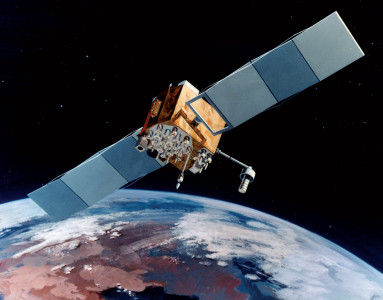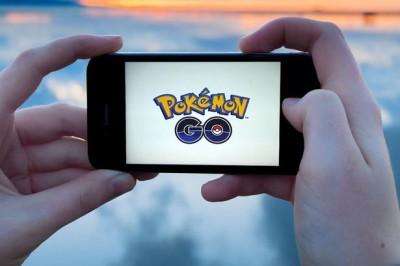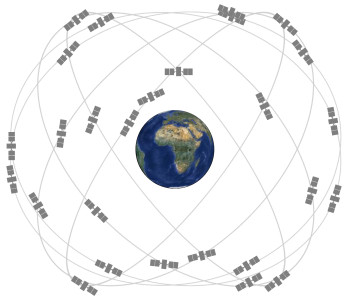While GPS is definitely not a new technology, it is surprisingly specialized. I am constantly shocked at how many of my friends and even my family are either completely oblivious, or else have absolutely ridiculous (and definitely incorrect) assumptions about how GPS works, how much it costs, how it can be used, and who uses it. It seems to be one of those technologies that, for most people, simply works.
So, if you have someone in your life who has been trying to understand your GPS device unsuccessfully, then Portland’s REI company has a solution. On February 22, REI will be hosting a beginner class titled GPS Navigation Basics, which anyone can sign up for. In this class, which lasts two hours, participants will learn the basics of how to use a handheld GPS device including use, marking waypoints, navigation, tracklogs, and other basic information. read more
